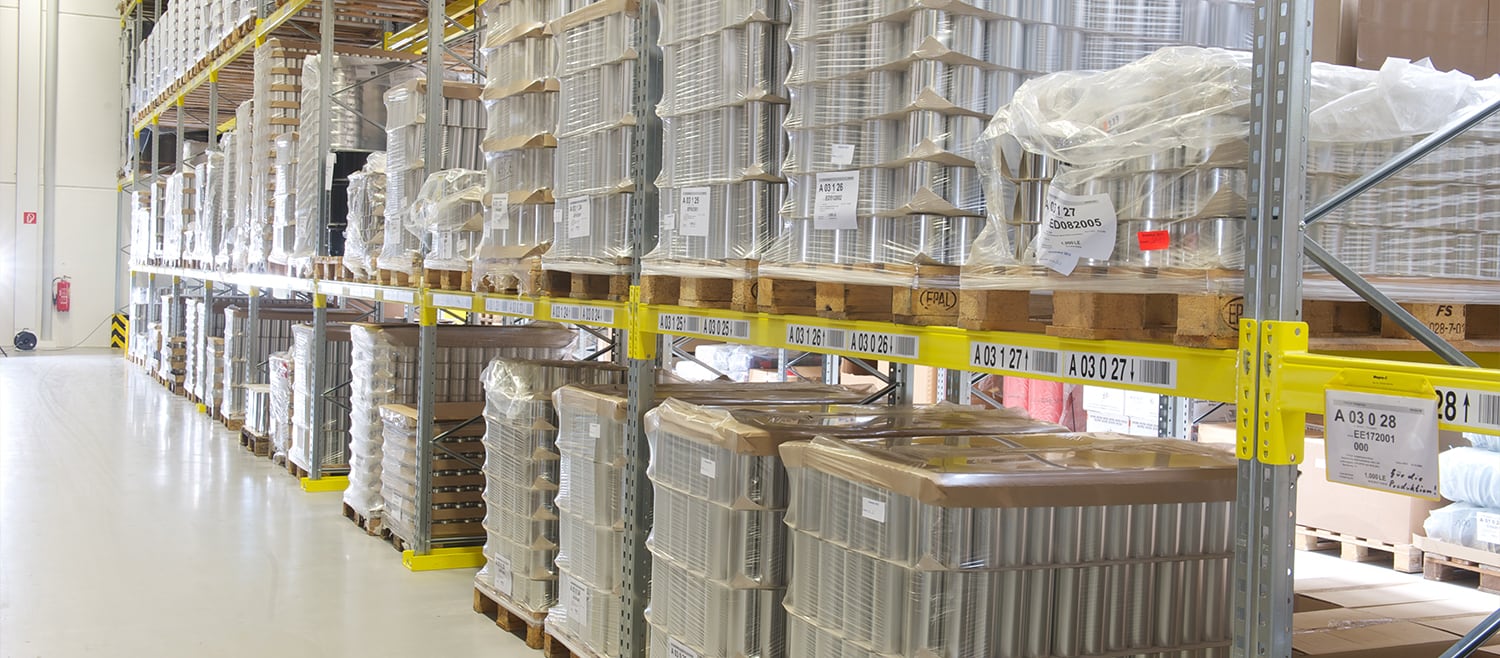We do everything for your products!
The spectrum of possible products which epple produce or package for our customers is extremely wide. The products handled and processed can be low viscosity to paste, aqueous, solvent-free or solvent-based. Furthermore, the procedures can be explicitly tailored to the customer’s requirements.
Process steps like refrigeration, heating, manufacturing in a vacuum or under inert gas are all possible. Also in matters of procurement or logistics, the service supplier often gives valuable suggestions. However, due to the many possible combinations and requirements, an individual assessment is essential
Initial cooperation
The first talks establish the customer’s needs and wishes, and whether epple can fulfil them. Here general information is exchanged: types of raw materials, process parameters, any potential hazards which might result from the components to be used or the finished product. Here the customer’s know-how is not relevant and is not passed on.
Of greater importance are the customer’s planning data concerning the required annual volumes and schedule. Following these talks, all relevant in-house departments provide their feasibility assessment of the customer’s wishes. These assessments are coordinated by a specialist department.
Subsequent steps …
During the next stage of discussions, generally after signing a non-disclosure agreement, all relevant detailed data are transmitted by the customer. These include:
- Formulas and, if available, manufacturing descripton and hazard assessment
- Safety data sheets and technical data sheets of the materials to be used and the finished product
- When appropriate, an adjustment of the already negotiated prices
- Preferred containers, packaging, labelling
- Requisite pallet and storage plans
- Source addresses for raw materials and containers
...… Towards a successful outsourcing
Once all data and facts are known, an in-house assessment is made of whether the product commission is feasible as planned. A final commercial evaluation is made, generally after the first test production and, where necessary, production and filling costs are re-calculated. In individual cases an assessment is made of which procedural steps are carried out by epple and which (e.g. procurement of raw materials or packaging) the customer handles.
What happens when information is missing?
If the customer is unable, or does not wish, to provide particular information, e.g. production requirements, epple can of course supply the necessary data. Then the safety data sheets can be provided by the specialist department. The manufacturing process and technical data of the product can be determined by laboratory and technical testing, and on this basis suitable plant for production and packaging can be suggested. The necessary raw materials can be provided by the customer or, preferably, procured directly. Where particular suppliers of raw materials are specified, these are of course taken into account. Where a customer has not specified a supplier, the choice depends on a supplier’s favourable price and flexibility. Here our years of wide-ranging experience directly benefit our customer.
Quality management and testing methods
In recent years quality management has come to play an ever-increasing role, and here all aspects are discussed in detail. These include all necessary tests in the production of the customer’s product.
Basically a wide range of various testing methods are available. In individual cases project-specific tests can be developed together with the customer and any necessary testing equipment procured.
Logistics
The correct logistics are a further central aspect of a successful cooperation. Practical experience has shown that suitable containers – unless otherwise specified by the customer – can be defined together and then authorised and confirmed by the customer. The same applies to outer packaging, labelling and pallet storage plans.
The bottom line
Our procedures have been tried and tested. They permit either standardised or very individual forms of cooperation. And it is often the extent to which a service supplier can realise such individualised solutions that is crucial. Furthermore, in such project processes sometimes sensitive issues like the sharing of know-how must be handled confidentially and securely.
